Bio-SANS proposal deadline
Proposals are being accepted for Bio-SANS in the upcoming 2024-B call, which will be open until noon on February 28, 2024. This call is for experiments anticipated to run between July 1 to December 30, 2024. The Bio-Deuteration Laboratory (BDL) is available as a resource to provide training and expertise in the production of deuterated biomaterials to all users with approved neutron beamtime proposals on any instrument at the SNS and HFIR. Select the BDL as a 2nd instrument in your beamtime proposal and your request will be screened for feasibility in parallel to the scientific review process. Please contact csmb@ornl.gov if you need any assistance in developing a proposal or to answer any questions related to bio-deuteration and sample preparation.
Joint access programs with partner user facilities
Proposals are being accepted as part of a collaborative program with the National Synchrotron Light Source II (NSLS II) that provides joint access to SANS and SAXS. A description that justifies the need for both techniques should be included in your proposal. If you have any questions or need help, please contact Wellington Leite or Lin Yang at NSLS II.
The Facilities Integrating Collaborations for User Science (FICUS) program call for proposals for FY2025 is accepting applications. The deadline for the Letter of Intent is March 7, 2024 and full proposals are due on May 2, 2024. This is a unique opportunity for researchers to combine the power of genomics and biomolecular characterization in one research project by taking advantage of the combined capabilities of the Joint Genome Institute at University of California Berkeley, the Environmental Molecular Sciences Laboratory (EMSL) at Pacific Northwest National Laboratory, Bio-SANS at ORNL, and the Advanced Photon Source at Argonne National Laboratory through the eBERlight program. Please contact Hugh O’Neill for further information
Program updates
New mid-range detector
Installation and commissioning of the new mid-range detector array was completed in HFIR cycle 504B (Jan 18 – Feb 11). This detector array complements the existing main and wing detectors to improve data quality for hierarchical systems, decrease Q-resolution mismatch, increase detector coverage, and enable sub-minute time resolution.
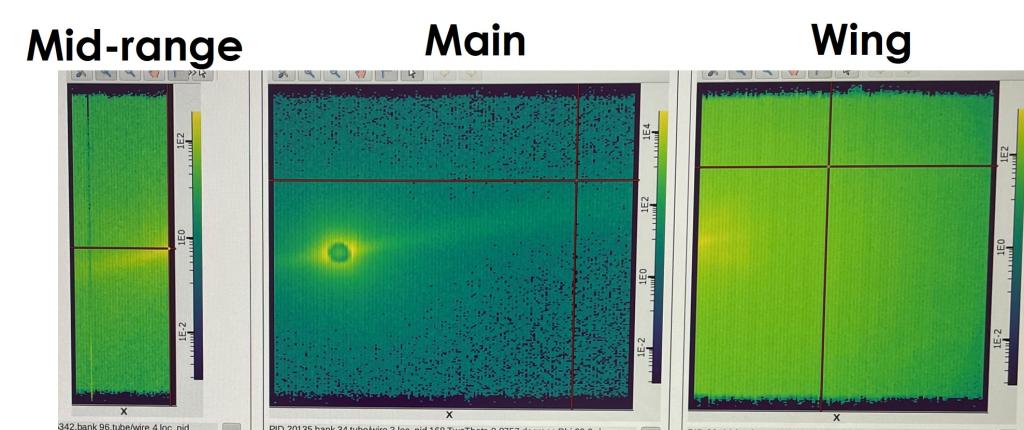
Please welcome Felicia Gilliland
We welcome Felicia Gilliland as the new Bio-SANS scientific associate (SA). Prior to joining ORNL, Felicia worked in industry and is currently pursuing her Master’s Degree in chemistry at Tennessee Technological University. The CSMB team thanks our former SA, Dr. Luke Heroux, for his service to the Bio-SANS. Luke is now the Sample Environment and User Laboratories Group Leader; it is likely that you will still interact with him during your experiments.
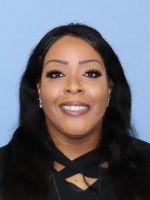
New bio-deuteration capabilities
The CSMB Bio-deuteration Laboratory now offers chemical synthesis of deuterated molecules as well as biologically derived molecules. We have expanded our capabilities for production of synthetic and biologically derived deuterated lipids. A recent publication on deuterium incorporation in E. coli lipids can be found here. A list of available deuterated molecules and reagents can be found here. Please contact csmb@ornl.gov for more information.
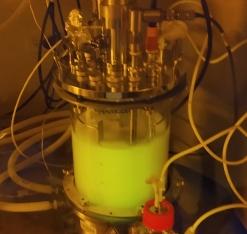
Exciting sample environment additions
A new Robotic Sample Changer has recently been installed on Bio-SANS. It has a temperature-controlled holding area with capacity for 48 cylindrical (banjo) cells or 66 Titanium (demountable) cells. The robot transfers samples to a Peltier controlled (4 – 80 °C) sample holder for SANS measurements. We are also excited to report that a system combining Size-Exclusion Chromatography and Small-Angle Neutron Scattering (SEC-SANS) is open to users as a Bio-SANS sample environment. The setup allows experiments in either continuous-flow or fractionation mode to provide more accurate SANS measurements on macromolecules and their complexes, which will especially benefit aggregation-prone samples.
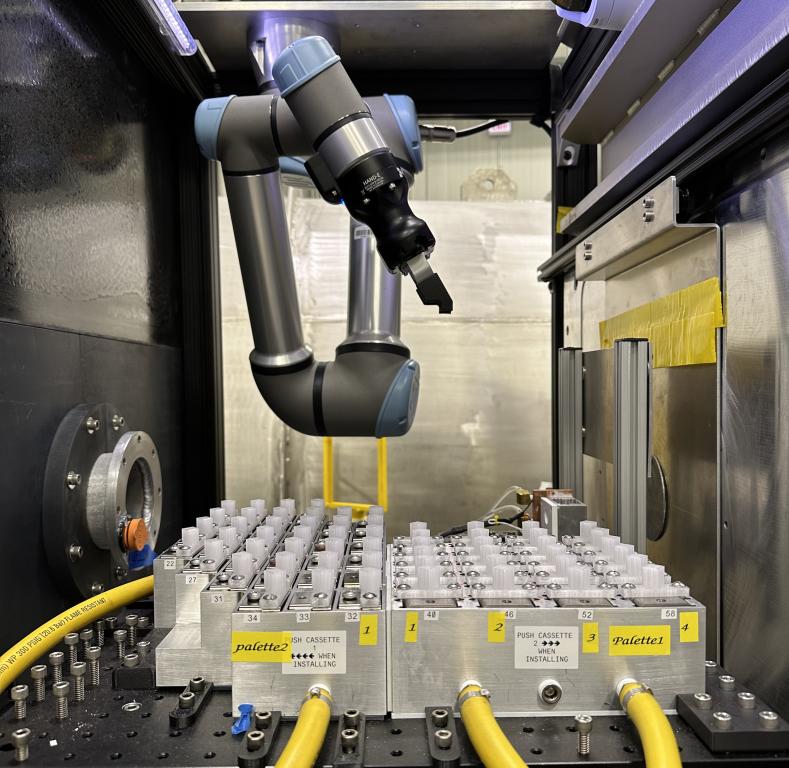
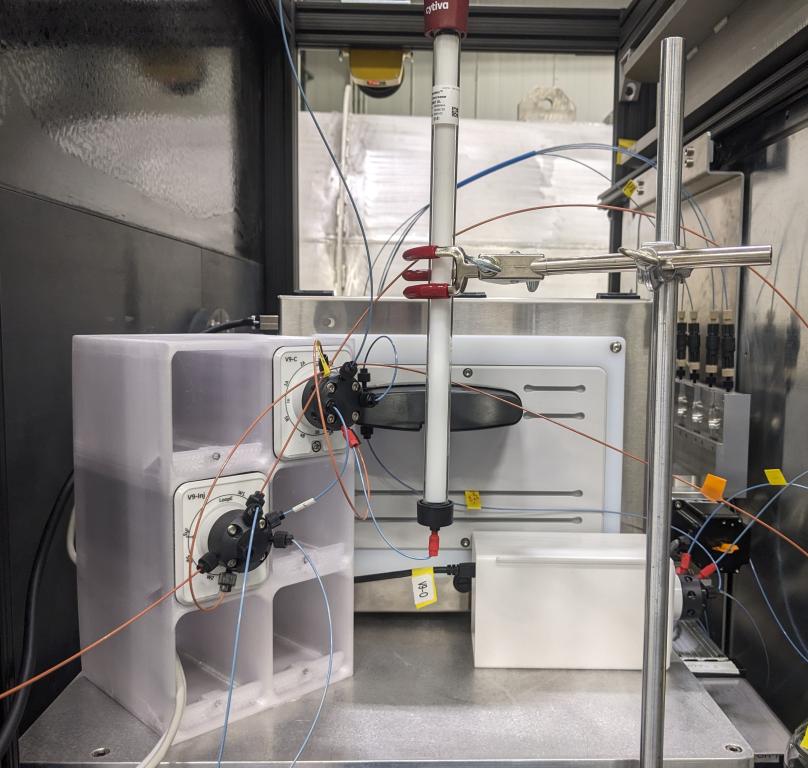
New laboratory capabilities
A Coy Labs Vinyl Anaerobic Chamber has recently been installed in the SNS Biology Laboratories for preparing oxygen sensitive samples. We have also added a Beckman Coulter Optima Analytical Ultracentrifuge to the suite of biophysical characterization tools. Analytical ultracentrifugation is a powerful tool for studying the size and shape of macromolecules in solution and provides complementary information to SANS and SAXS analysis. A list of available instrumentation in the Biology Laboratories can be found here and you can take a virtual tour of the lab spaces here.
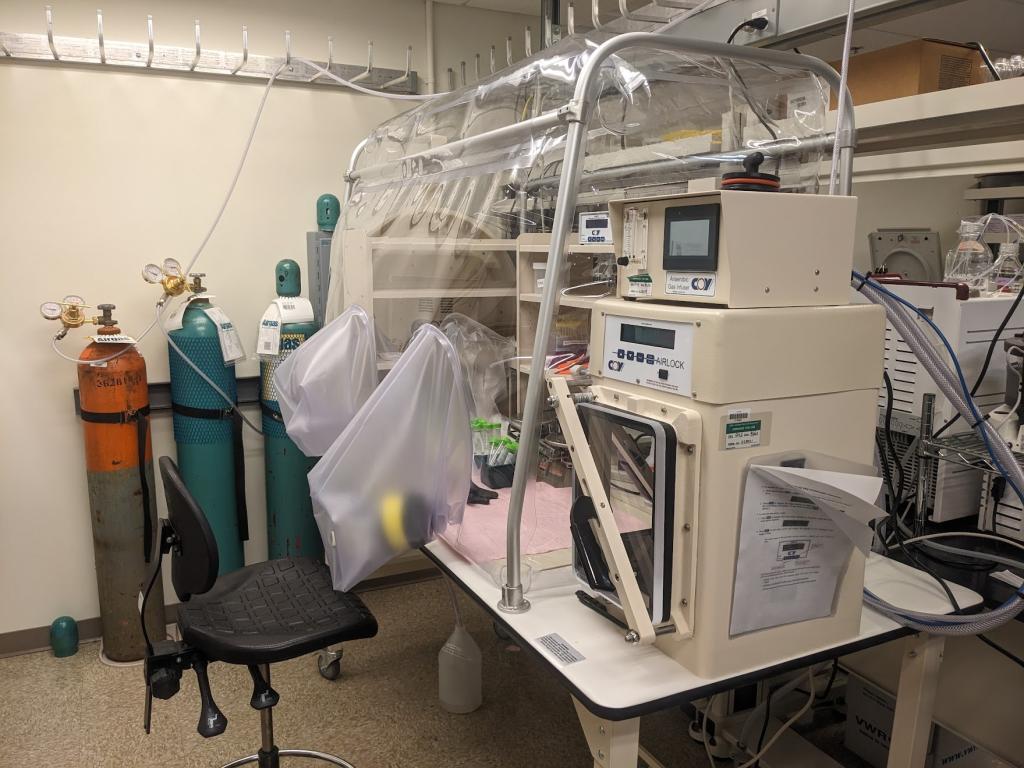
Upcoming workshops
Neutrons in Structural Biology – Challenges & Opportunities, will be held June 10-12, 2024 at the Sheraton Pentagon City Hotel, Arlington, VA. This workshop will highlight the need for next-generation instruments and toolsets for structural biology, with a focus on neutrons and other complementary techniques, and the development of integrated experimental and computational frameworks that connect them. More information can be found here. The workshop will include a 1-day satellite training workshop (June 10, 2024) to educate graduate students and postdoctoral researchers in the application of neutron techniques in structural biology. A limited number of travel awards is available. The travel award application deadline is April 12, 2024. Details here.
The CMSB hosts an annual Biological Small-Angle Neutron Scattering Workshop for our user community. This workshop is an excellent opportunity to learn about the use of small-angle neutron scattering (SANS) in biological research, including how to perform SANS experiments using Bio-SANS and approaches to analyzing SANS data. The next workshop is planned for Oct 9 – 10. Details about the upcoming workshop and tutorial videos from previous workshops can be found at the CSMB website.
Internship opportunities
ORNL educational programs support a variety of educational programs that provide opportunities for undergraduate and graduate research. More information about these programs and their deadlines can be found here. Please reach out to the CSMB team if you are interested in pursuing one of these opportunities.

